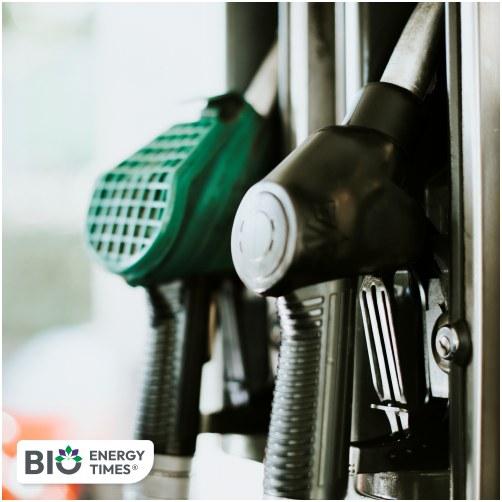E20 and ethanol-blended petrol have recently come under the spotlight. Some users on social media have raised concerns about reduced performance and fuel efficiency, sparking a broader discussion around ethanol blending. However, government and oil companies have refuted these claims, stating there is no credible evidence to support them.
In response, Maruti Suzuki is stepping in to assist its customers. According to a report by Autocar India, the company plans to introduce E20 upgrade kits for Maruti vehicles that currently do not meet E20 fuel standards. However, these kits will only be available for cars that are up to 15 years old.
The report say that Maruti Suzuki is likely to offer E20 material upgrade kits and would do so for models going back 10 to 15 years. Not much is known about the pricing for these kits, including whether they would be subsidised, and if so, by whom. The cost of these E20 upgrade kits could range between Rs 4,000 and Rs 6,000, depending on the model. Other brands are also exploring upgrade programmes and are likely to have them in place soon.
Meanwhile, the Ministry of Petroleum and Natural Gas (MoPNG) has issued a detailed statement addressing the public’s concerns regarding the impact of 20% ethanol-blended petrol (E20) on fuel efficiency and engine longevity.
According to the MoPNG, E20 offers benefits such as improved acceleration, enhanced ride quality, and a significant reduction—about 30%—in carbon emissions compared to E10. Ethanol has a higher octane rating (~108.5) compared to conventional petrol (84.4), making it suitable for modern engines that require high-octane fuel. Vehicles optimized for E20 fuel tend to deliver better acceleration, which is especially useful in urban driving conditions. Moreover, ethanol’s higher heat of vaporization helps lower intake temperatures, increasing the density of the air-fuel mixture and enhancing engine performance.
Historically, petrol in India had a Research Octane Number (RON) of 88. To comply with BS-VI emission standards, the RON was increased to 91. With the introduction of E20-blended fuel, RON has now been raised further to 95, offering improved anti-knock properties and overall performance.















